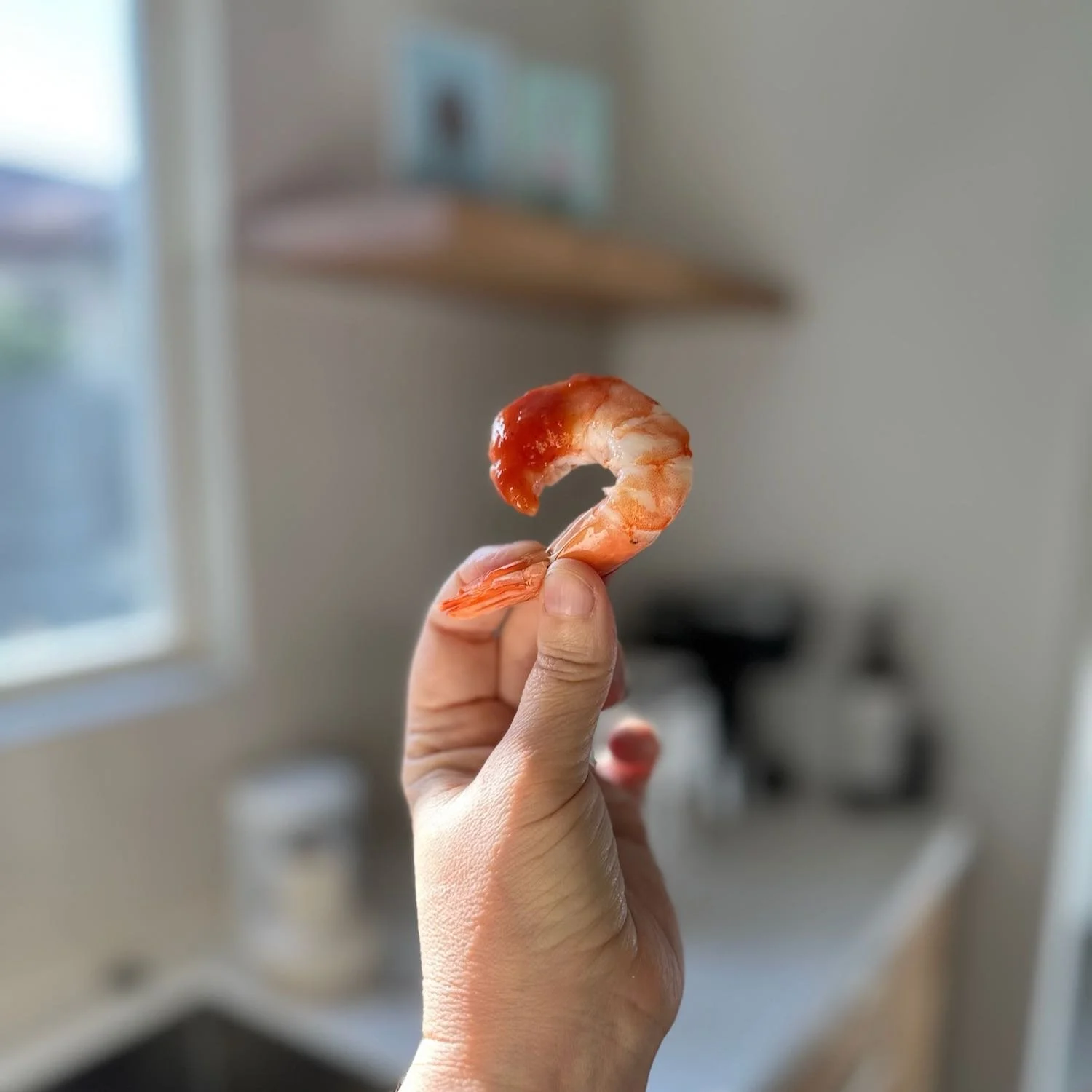7 Unexpected Things To Try Right Now That Will Make You Live Longer
Some are even fun.
by The Candidly Team
We all agree that health is important. Most important. Everything really.
But we’re not all “wellness” people. And when it comes to our daily actions in this life, health things can fall pathetically low on our totem pole.
Especially when they feel broad and non-specific. It’s all too easy to get lost in big picture goals like:
eat clean
exercise more
drink water
stress less
Besides, we already know all that stuff.
That said, we don’t want to die young, and we’d rather not feel shitty and tired and winded every time we climb 7 steps.
So what are some specific and possibly unexpected things we can do to increase our lifespan?
Well, we found 7. Some are easy. Others will take getting used to. But every single one felt fairly doable to us. And a few, in fact, sounded pretty fun.
Here they are:
1. Exercise vigorously for at least 20 minutes, 3-5 times a week.
Ok, before you scream at us, you can and should obviously do more than this exercise-wise. Research certainly shows that working out more than the recommended minimum can add years to your life. And if you already are…excellent! We’re all just trying to live longer here.
But what we’re trying to say to those of us who haven’t had success getting ourselves to work out is that there’s hope. Various research has shown that even if you don’t exercise at all right now, increasing to at least 20 minutes of vigorous exercise, 3-5 times a week can significantly reduce your risk of all-cause death.
Sidenote: “Vigorous” exercise is incredibly important, but also don’t skimp on walking. A huuuge UK study showed walking 20 minutes a day can “cut risk of death by almost a third.” And another very recent study showed the importance of taking 5-minute walks after every half hour of sitting to counter its harmful effects, which sadly are many.
2. Pay waaaay more attention to your colon. And maybe schedule a colonoscopy this very moment.
Put plainly, our gut and colon health is critical to our life expectancy. However, we extensively underestimate the importance of fiber. Dietary fiber is hypothesized to lower risk of coronary heart disease, diabetes, and some cancers. Studies have shown higher diets in fiber were associated with a lower risk of death, even wildly finding that every 10 grams of fiber consumed cuts mortality risk by 10 percent.
And sure, not all fiber is created equal. We’re looking at you sugary cereals. But, one interesting thing to look at is the high fiber foods commonly consumed in “Blue Zones” small pockets of the planet where people most commonly live to be a 100. Their diets include fibrous foods like nuts and seeds, beans, cruciferous vegetables, whole grains, including some breads, root vegetables like sweet potatoes and yams, fruit, and even certain spices and herbs.
Another, less fun thing, is getting a colonoscopy. Colon cancer is on the rise, and it’s now recommended that people get a colonoscopy at 45 instead of 50, so if that applies to you, make the appointment.
3. Stick to just 6 spoonfuls of sugar.
Ok, guys we’re not gonna sugarco- eek nevermind. We’re going to be straight about this.
A recent umbrella review concluded that we should try to consume no more than 25G or 6 teaspoons of free sugars or added sugars a day.
Free sugars, by the way, refer to added sugars “plus those naturally present in honey and syrups, as well as in fruit and vegetable juices and juice concentrates.” The natural sugars found in whole fruits and vegetables aren’t the same thing, and they tend to come in foods that have the fiber and other things we need.
4. Take the leap and get yourself a pet.
Pet owners live longer, guys. They die less frequently from heart attacks and strokes. Maybe it’s in part due to the fact that they wind up naturally moving more (thank you, 6AM dog walks). Or that their lives are brimming with unfiltered stress-free moments of meaning and preciousness.
Whatever it is…if you’ve been on the fence about letting a furry friend into your home, maybe this is the push you needed.
5. Get into green thumb-y things.
If this “tip” sounds broad, it’s really just because there were way too many plant-based things to name that relate to longevity.
First off, people who live in or near green spaces live longer. So it may truly be worth your time to attend that city council meeting about planting more trees on your street.
But on a more “between you and you” level, gardening is believed to be one of the “secrets of Blue Zone” activities that researchers think are helping centenarians live such long lives. And doing incidentally active things, like yardwork, is also thought to boost longevity.
For the laziest among us, there’s the simple act of owning plants that do things like bring us joy and clean our indoor air. And, of course, trying desperately not to kill them. Luckily, some of these air-purifying plants are almost unkillable.
However, if you’ve taken the advice of #4 on this list and own a pet, be sure to check that the plant you’re toting home from the nursery isn’t harmful to animals.
6. Treat stress management like brushing your teeth. Try this 5-minute activity.
We all know stress is bad for us, like killing us bad for us, which can feel all the more stressful. Finding our own path to break the cycle is critical, especially given that managing stress reduces risk of premature death by 22%. But doing this doesn’t have to be overwhelming.
We can approach stress-reducing techniques sort of like brushing our teeth, as something we do daily. And it’s possible it can take less time than getting dressed.
For example, breathwork, particularly a simple practice known as “cyclic sighing” has shown wild results in reducing stress, improving mood, and reducing our respiratory rate. It takes 5 literal minutes and has had equally or better results than mindfulness meditation. You can read about how to do it HERE or watch this short video.
Simply set the timer and repeat the above for 5-minutes, and your stress levels could dwindle.
7. Have more sex.
We know you’re tired (from getting through this very list) but also from a long day and an exhausting night, but we’re still going to tell you that it’s worth it to make time for sex.
One study from the 90s found that that “mortality risk was 50% lower” in subjects with “high orgasmic frequency.” Sexy way to put it, we know. But the point is sex is good for us. It’s even been shown to slow aging. And if it’s something that you find gets put on your personal backburner, there are ways to tap into wanting it more.
See, none of those were too painful, right? Now off to buy gardening shears. And other stuff. ;)
This article is for informational purposes only. It is not intended to be used in place of professional advice, medical treatment, or professional care in any way. This article is not intended to be and should not be a substitute for professional care, advice or treatment. Please consult with your physician or healthcare provider before changing any health regimen. This article is not intended to diagnose, treat, or prevent disease of any kind. Read our Terms & Conditions and Privacy Policy.
















